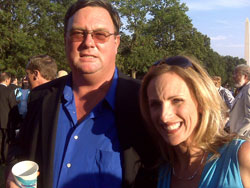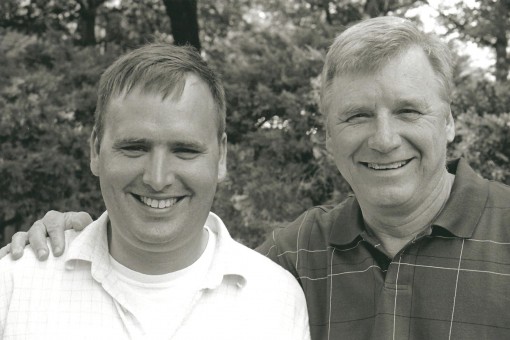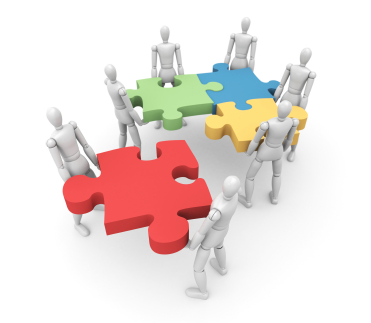
I get emails every week from desperate parents seeking advice. Many have a son or daughter who’s been arrested. I remind them that I am not a lawyer, nor am I a social worker, psychologist or psychiatrist. I’m simply a father who became angry when my son got sick and I couldn’t get him meaningful help for his mental disorder.
The most common question that I am asked by other parents is:
How did you get your son to take his medication?
The answer is: I didn’t.



 Mental Health America asked me to moderate a thought-provoking panel that featured four nationally-known activists during its annual convention in Washington D.C.
Mental Health America asked me to moderate a thought-provoking panel that featured four nationally-known activists during its annual convention in Washington D.C.


